Graduate Diploma vs. Bachelor Degree
When deciding on your educational future in Australia, understanding the differences between a graduate diploma and a bachelor's degree is crucial.
A bachelor's degree offers a comprehensive education over three or more years, often serving as a gateway to various professions. In contrast, a graduate diploma provides specialized knowledge in a shorter timeframe, ideal for career advancement or transition.
These qualifications can open doors to different career paths and opportunities.
Understanding the Basics
What is the Australian Qualifications Framework (AQF)?
The Australian Qualifications Framework (AQF) is the national policy that regulates qualifications in education and training across Australia. It ensures consistency and quality in educational programs, making it easier for students and employers to understand what each qualification level represents. You can learn more about the AQF here.
What is a Graduate Diploma?
A graduate diploma is a qualification typically designed for those who have already completed a bachelor's degree and wish to gain specialized knowledge in a particular field. It sits at level 8 on the AQF, offering advanced skills and knowledge.
What is a Bachelor's Degree?
A bachelor's degree is an undergraduate qualification that usually takes three to four years of full-time study. It provides a broad education in a specific area and is classified as level 7 in the AQF.
Graduate Diploma vs. Master’s Degree
While a master's degree involves more comprehensive study and research components, a graduate diploma focuses on expanding skills within a certain discipline without the extended commitment of a master's program. Graduate diplomas are often pursued for quicker entry into a new career or specialization.
Diploma vs. Certificate
Diplomas and certificates are both postsecondary education options. Diplomas offer more in-depth study and skills than certificates, usually covering more advanced or technical subjects. They are practical and vocationally oriented, preparing students for specific careers.
Key Differences: Graduate Diploma vs. Bachelor Degree
Entry Requirements
Bachelor's Degree: To enrol in a bachelor's degree program, students typically need to complete Year 12 or its equivalent. Some programs may have specific subject prerequisites, such as mathematics or science courses, especially for degrees in fields like engineering, health, or science. Admission requirements can vary between universities, and some may also require entrance exams or interviews.
Graduate Diploma: This program is designed for individuals who have already completed a bachelor's degree or possess equivalent work experience in a related field. Graduate diplomas are often pursued by professionals seeking to gain specialized skills or transition into a new area of expertise. Institutions may require proof of previous academic achievements or relevant work history to ensure candidates have the foundational knowledge necessary for advanced study.
Duration and Study Hours
Bachelor's Degree: Bachelor's degrees generally require three to four years of full-time study. The duration can vary depending on the field of study and the structure of the program. Some degrees, like those in engineering or architecture, may require additional years due to the complexity of the curriculum. Part-time options are also available, allowing students to extend their study period while balancing other commitments.
Graduate Diploma: Typically, a graduate diploma can be completed in one year of full-time study. These programs are intensive and focused, designed to quickly equip students with specialized knowledge and skills. Part-time options may be available, extending the duration to two years, which is ideal for working professionals seeking to balance education with employment.
Cost and Financial Considerations
Bachelor's Degree: Tuition fees for bachelor's degrees range from AUD 15,000 to AUD 33,000 per year, depending on the course, institution, and whether the student is domestic or international. Additional costs include textbooks, materials, and living expenses. Scholarships, grants, and student loans are available to help offset these costs, and it's important to research financial aid options specific to your institution or field of study.
Graduate Diploma: The cost of a graduate diploma varies, generally ranging from AUD 10,000 to AUD 25,000 for the entire program. These programs are often less expensive than a full degree due to their shorter duration. Financial assistance such as scholarships, employer sponsorships, and government subsidies may be available, especially for courses aligned with skill shortages or industry needs.
Learning Outcomes and Curriculum
Bachelor's Degree: This program provides a broad education, offering a mix of theoretical knowledge and practical skills across various subjects. It includes foundational courses in the first year, followed by more specialized and advanced topics in subsequent years. Bachelor's degrees often include opportunities for internships, research projects, and elective courses that allow students to tailor their education to their interests.
Graduate Diploma: A graduate diploma offers focused knowledge and skills in a specific area, often involving advanced technical training or professional development. The curriculum is designed to build on prior learning, allowing students to gain expertise quickly. Programs may include case studies, simulations, and projects that apply learning to real-world scenarios, making them highly practical and career-oriented.
International Equivalencies
As career opportunities might lead you to work abroad, understanding how different qualifications are recognized internationally is crucial. Diplomas and bachelor's degrees can have varied equivalencies depending on the country. It’s essential to verify how each qualification is perceived in specific global contexts to ensure your credentials meet local requirements.
International Equivalent of a Diploma: A diploma can represent different levels of education worldwide. In the US, for example, a “high school diploma” signifies completion of secondary education, whereas in Australia, a diploma often equates to postsecondary education. The Australian diploma is typically seen as equivalent to an associate's degree in the US.
International Equivalent of a Bachelor’s Degree: Australian bachelor's degrees are widely recognized as part of the UNESCO Global Convention on the Recognition of Qualifications concerning Higher Education. They are equivalent to bachelor’s degrees from colleges or universities in the US and may be required for work visas in some countries. This recognition underscores the global acceptance of Australian higher education credentials.
RPL (Recognition of Prior Learning)
Recognition of Prior Learning (RPL) allows students to gain academic credit for their prior work experience and knowledge. This process can significantly reduce the time required to complete a diploma or degree, making it a valuable option for individuals with relevant experience. For more information on RPL, visit My Skills.
When considering further education, it’s essential to understand the various paths available. Choosing between a diploma and a bachelor's degree depends on your career objectives, the time you can dedicate to your studies and your interests. Each qualification has its strengths, catering to different professional goals.
Why Study for a Bachelor's Degree or Graduate Diploma?
Bachelor's Degree:
A bachelor's degree provides a comprehensive educational foundation that combines theoretical knowledge with practical skills. It is often essential for entering many professional careers, particularly in fields that require in-depth expertise and broad knowledge.
This degree is typically a requirement for professions in education, engineering, healthcare, and more. It offers a holistic view of a field, equipping graduates with the versatility to work in various roles within an industry.
Bachelor's programs often include opportunities for internships, research projects, and electives, allowing students to gain practical experience and tailor their education to their career goals.
Graduate Diploma:
A graduate diploma offers specialized skills and knowledge in a specific area, making it ideal for professionals seeking career advancement or a change in their field.
This qualification focuses on building upon the skills acquired in a bachelor's degree or through work experience, providing targeted training for advanced roles.
Graduate diplomas are particularly beneficial for those looking to gain expertise in areas such as business management, information technology, or education. They can help professionals move into leadership positions or specialize in niche sectors within their industry.
Potential Career Paths
Bachelor's Degree:
Graduates with a bachelor's degree can pursue various careers in numerous industries. For example, they may become educators, engineers, healthcare professionals, scientists, or business analysts.
The degree also serves as a stepping stone for further studies, such as pursuing a master's degree or professional certifications that can lead to specialized roles or higher positions.
Fields such as law, medicine, and architecture often require a bachelor's degree as a prerequisite for professional training and licensure.
Graduate Diploma:
A graduate diploma can significantly enhance expertise in specific areas, allowing individuals to advance to higher-level positions.
It is suitable for those looking to update their skills or gain new competencies in fields like project management, financial planning, and education administration.
This qualification can also help individuals transition to new industries by providing the necessary credentials and training for a new career path.
How to Choose Between a Diploma and a Bachelor
Factors to Consider:
Career Goals: Assess which qualification aligns best with your desired career path. Consider the roles and industries you are interested in and whether a bachelor's degree or a graduate diploma is more suited to achieving those goals.
Time Commitment: Reflect on how much time you can dedicate to study. Bachelor's degrees typically require three to four years of full-time study, while graduate diplomas are usually completed in one year.
Financial Investment: Evaluate your budget and the funding options available. Bachelor's degrees generally involve higher tuition fees over a longer period, whereas graduate diplomas are less expensive due to their shorter duration.
Personal Interests: Consider what subjects and fields you are passionate about. A bachelor's degree offers a broader educational experience, while a graduate diploma focuses on specialized areas. Think about what type of learning experience excites and motivates you the most.
My Skills: Visit site
Want to Develop Your Skill?
Explore courses at LOP for additional skill development opportunities.
Choosing between a graduate diploma and a bachelor's degree depends on your career goals, time, and financial situation. Each path offers unique advantages, and understanding these differences can guide you toward making an informed decision.
Explore your educational options and consider what best fits your career aspirations with LOP.
FAQ
Is a diploma more advanced than a bachelor's?
Answer: A diploma does not rank higher than a bachelor's degree. A bachelor's degree is regarded as a higher level of academic certification, often requiring more extensive study over a longer period. Diplomas are often shorter and more practical.
Does a certificate qualify as a degree?
Answer: No, a certificate does not qualify as a degree. A diploma is a separate form of accreditation that focuses on practical skills and training, whereas a degree covers a larger range of subjects.
Can I continue my education with a diploma?
Answer: Yes, you can continue your education with a diploma. Many educational institutions provide routes for diploma holders to pursue degree degrees.
Which jobs do not require a diploma?
Answer: Many employment does not require a diploma, particularly in retail, administration, entry-level hospitality, and many types of physical labour and trades. These professions frequently prioritize on-the-job training and experience above formal qualifications.
Which careers do not require a bachelor's degree?
Answer: A bachelor's degree is not required for many careers, including those in skilled crafts, IT and tech support, sales, some healthcare roles like medical assistants, and creative sectors like graphic design, where a portfolio might be more significant than a degree.
Are graduate diplomas equivalent to master's degrees?
Answer: A graduate diploma differentiates itself by providing a high level of specialization and/or updates in a topic or knowledge that is more concrete than that of master's degrees, and is frequently oriented towards a specific professional field.





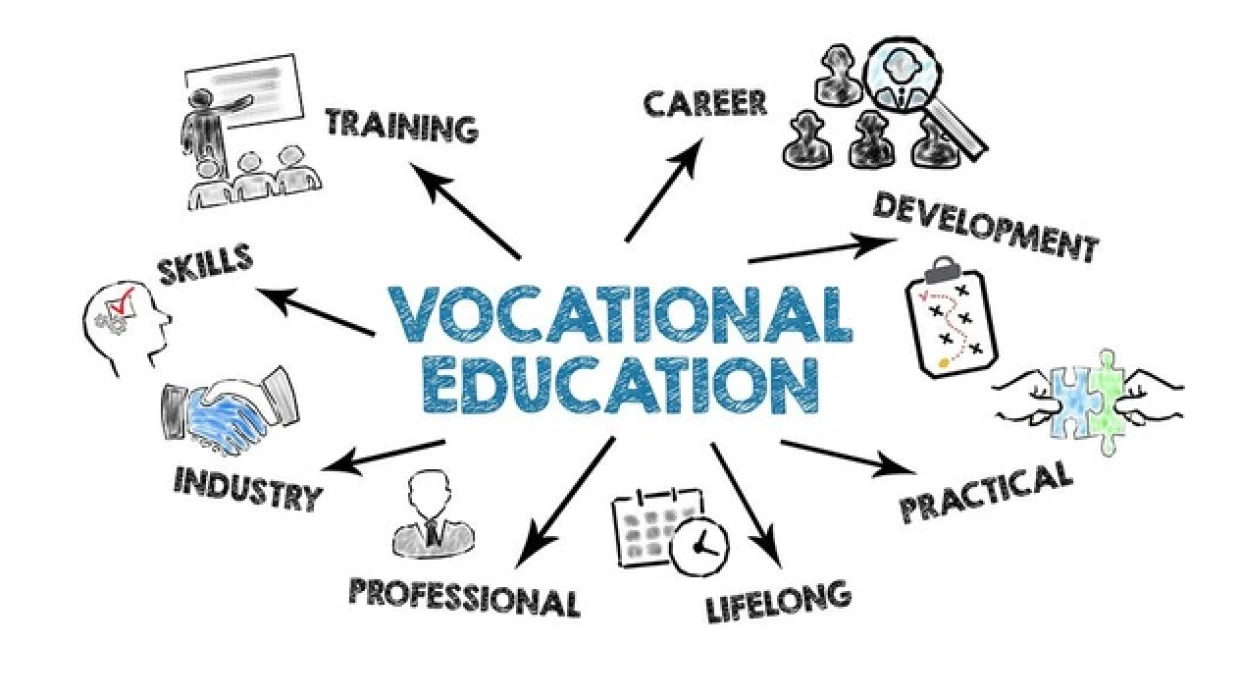







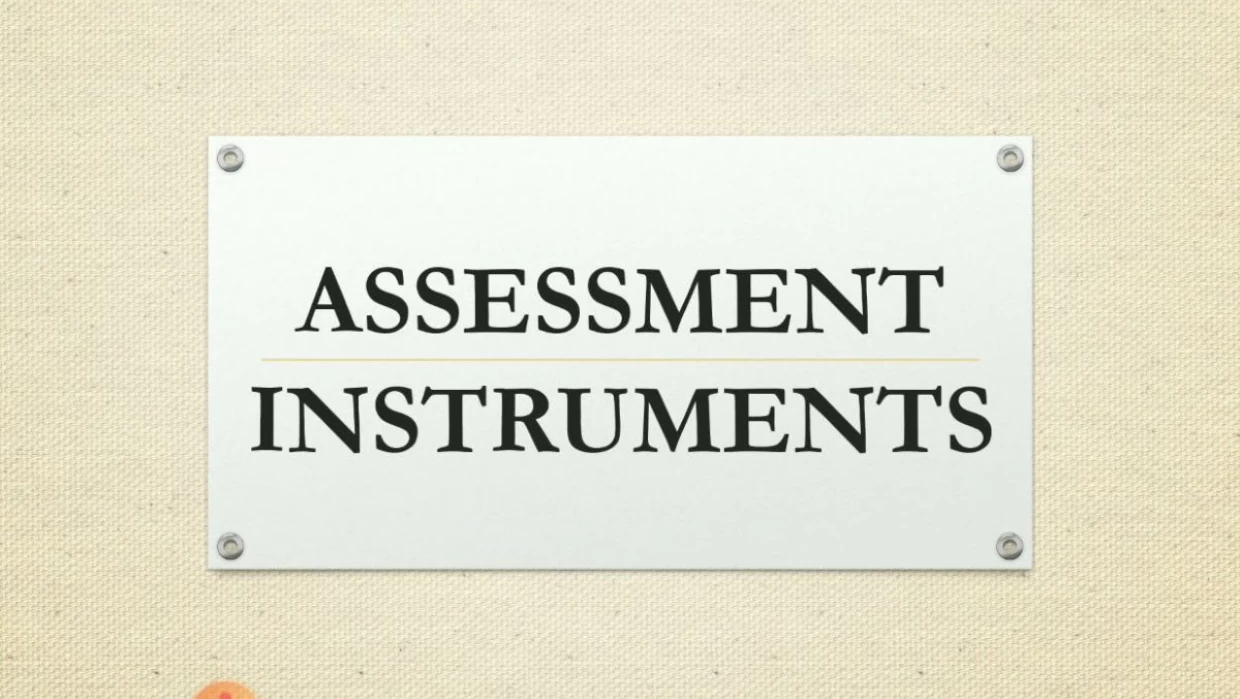





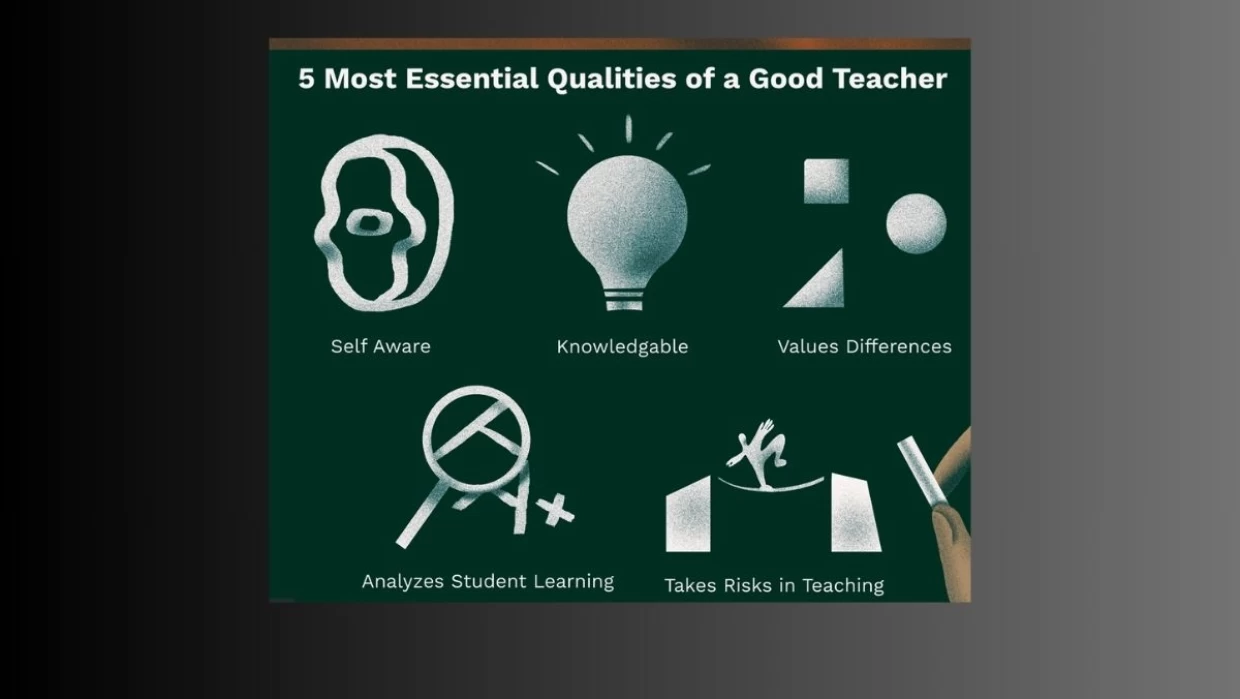
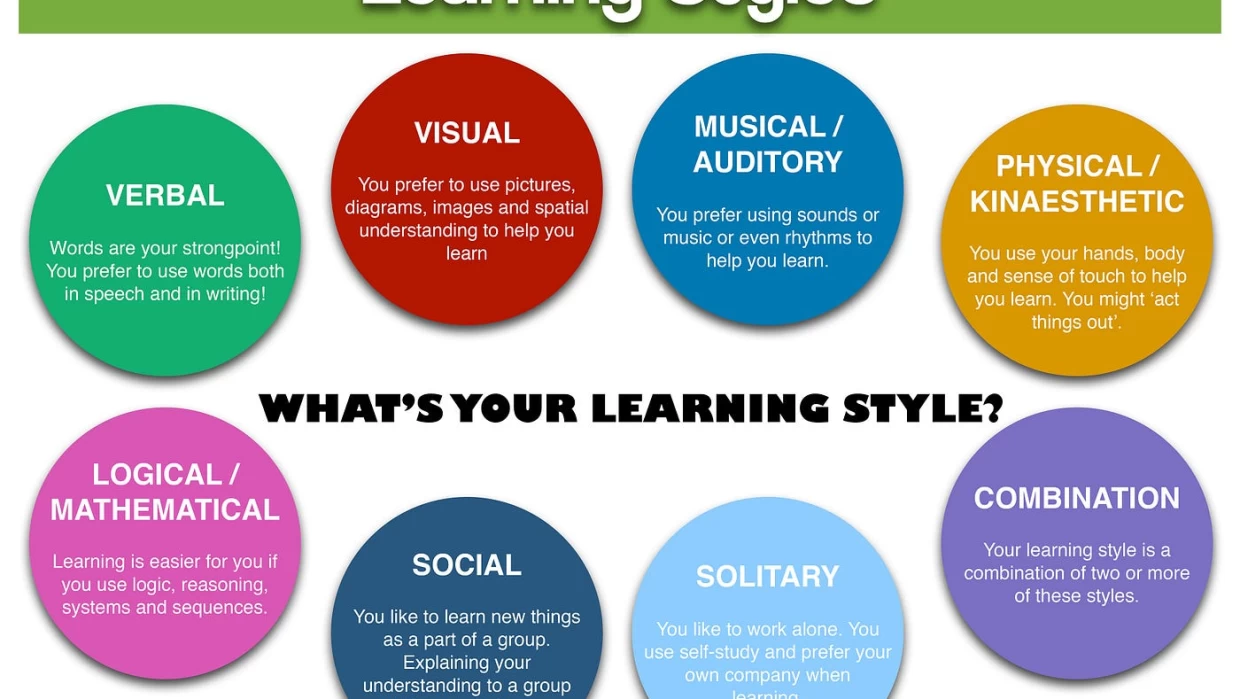
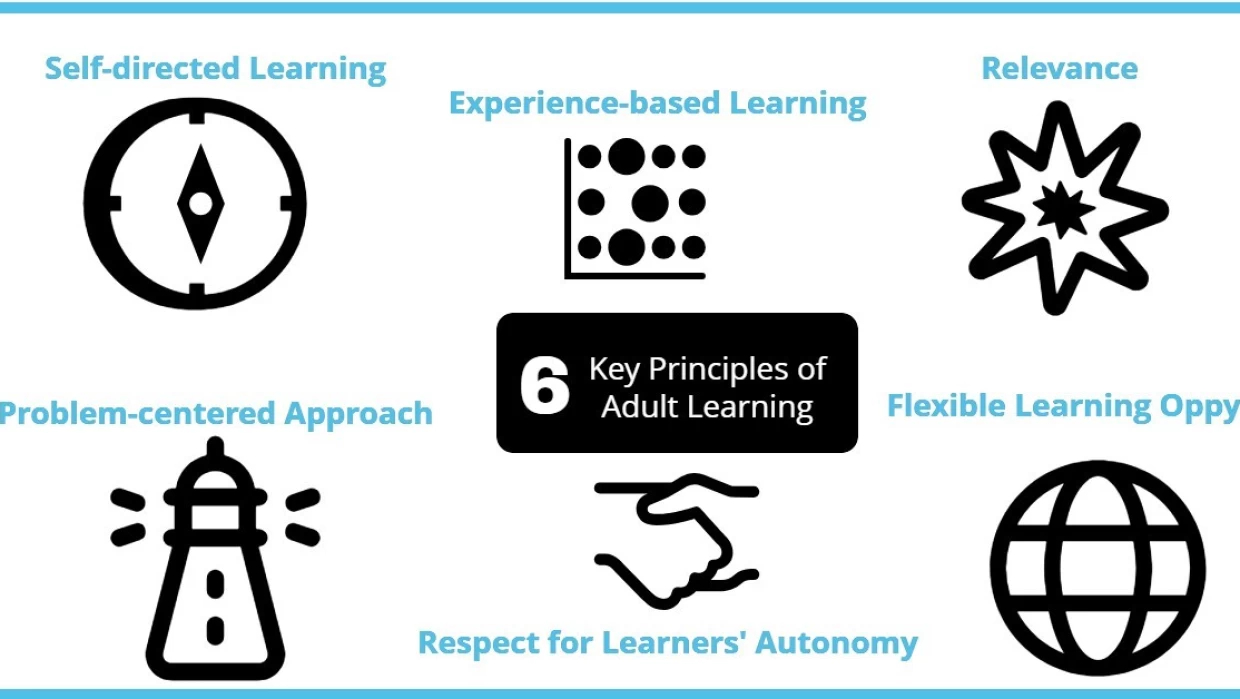


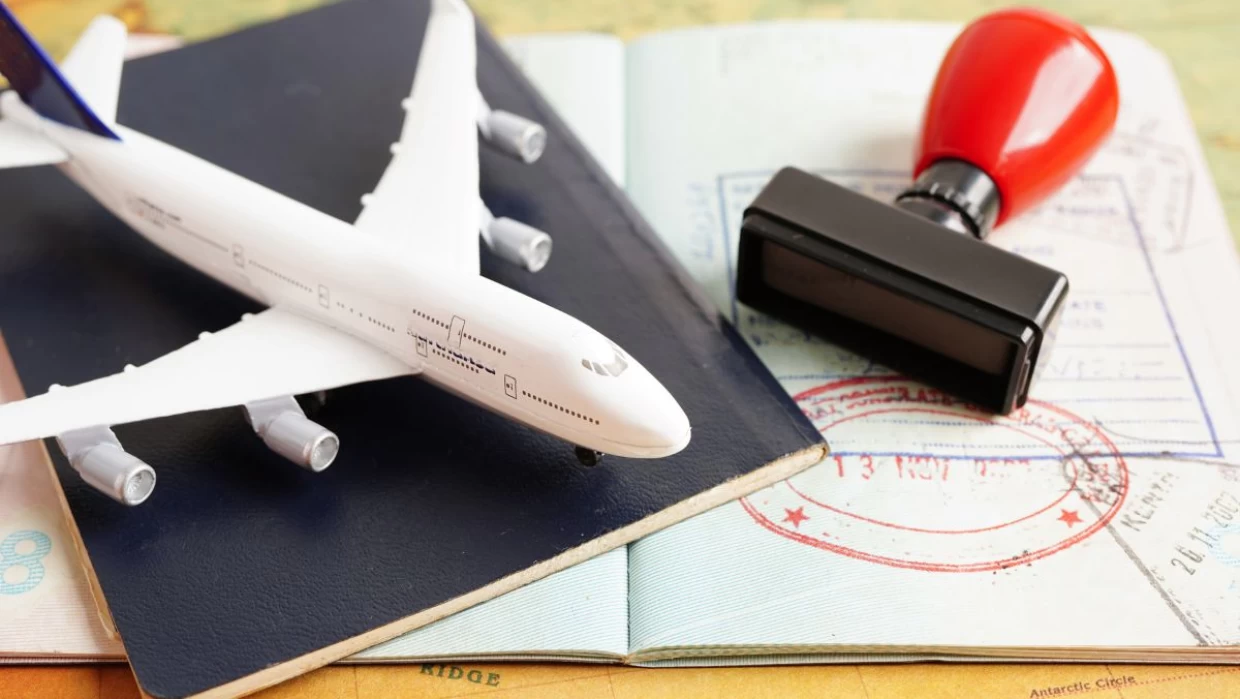











We would be delighted if you could get in touch with us.
Your email address will not be published. Required fields are marked